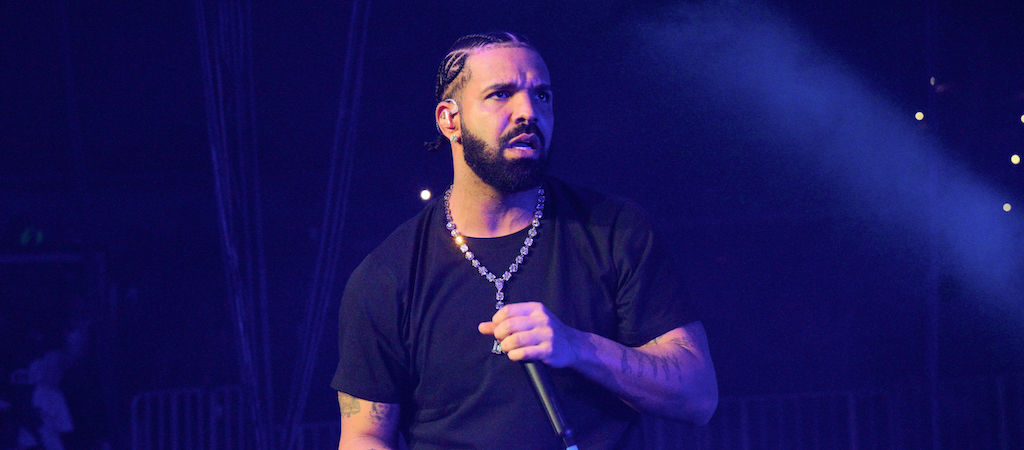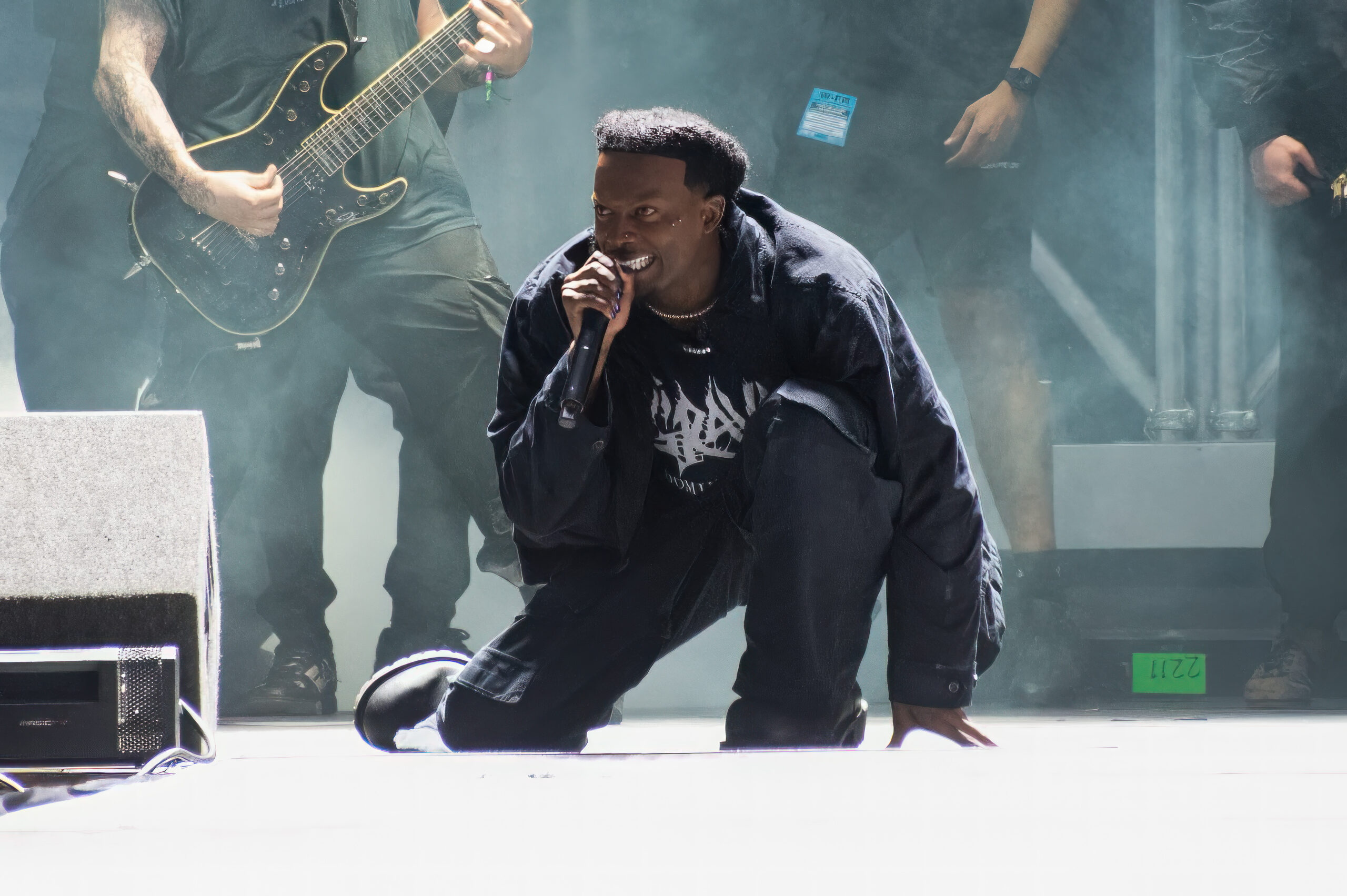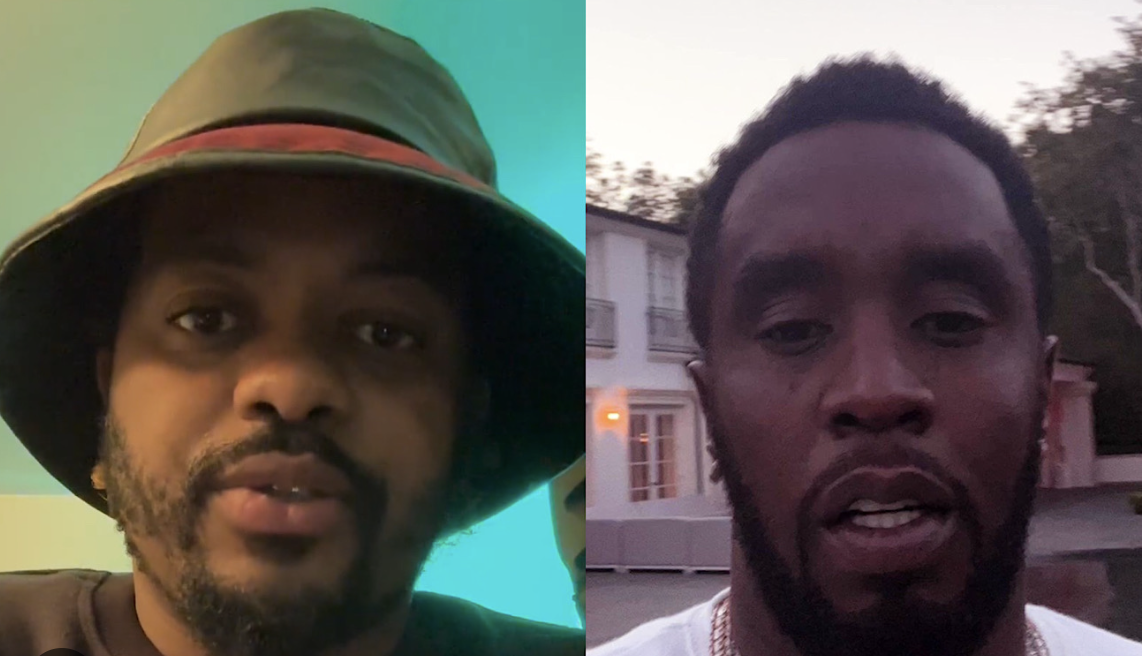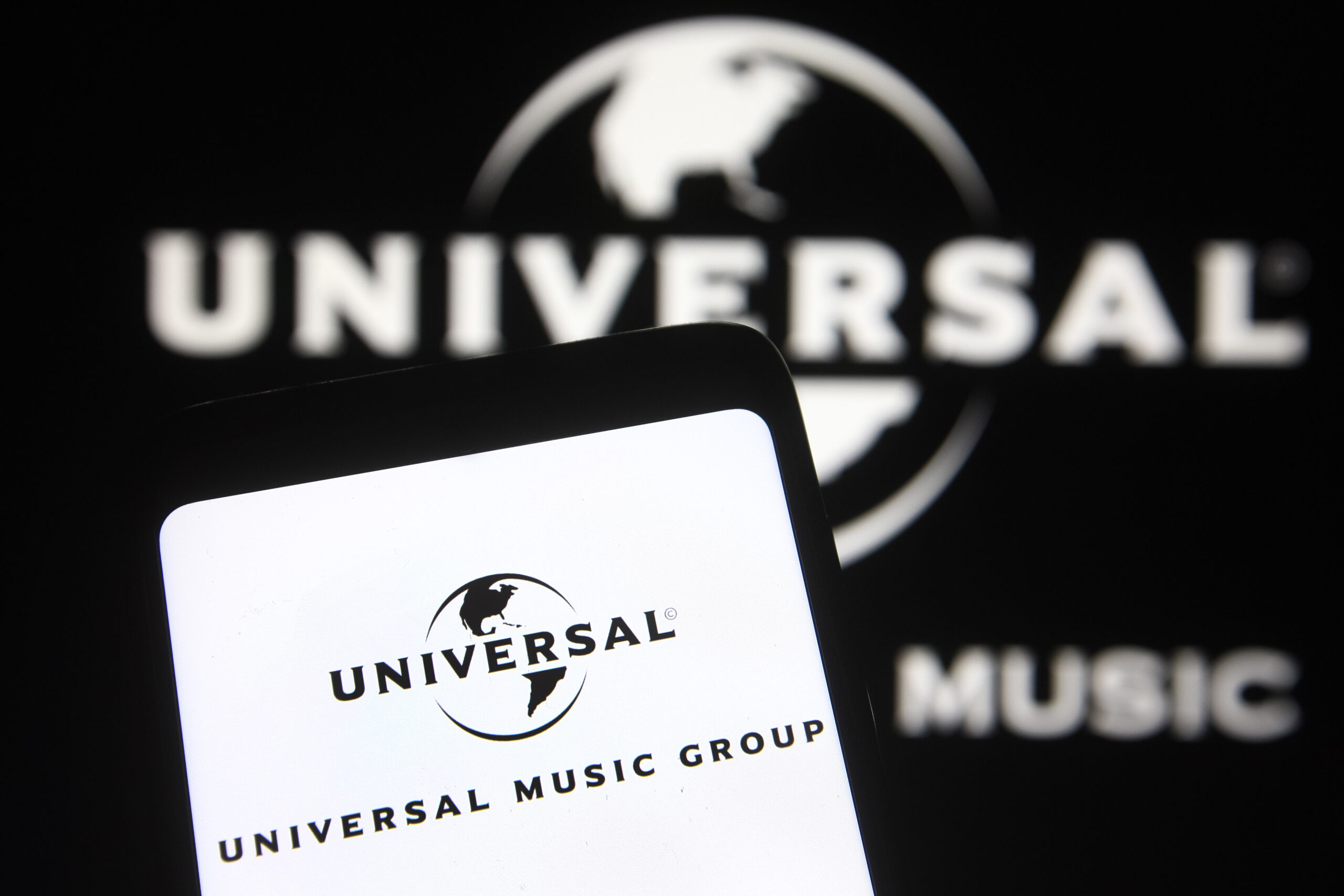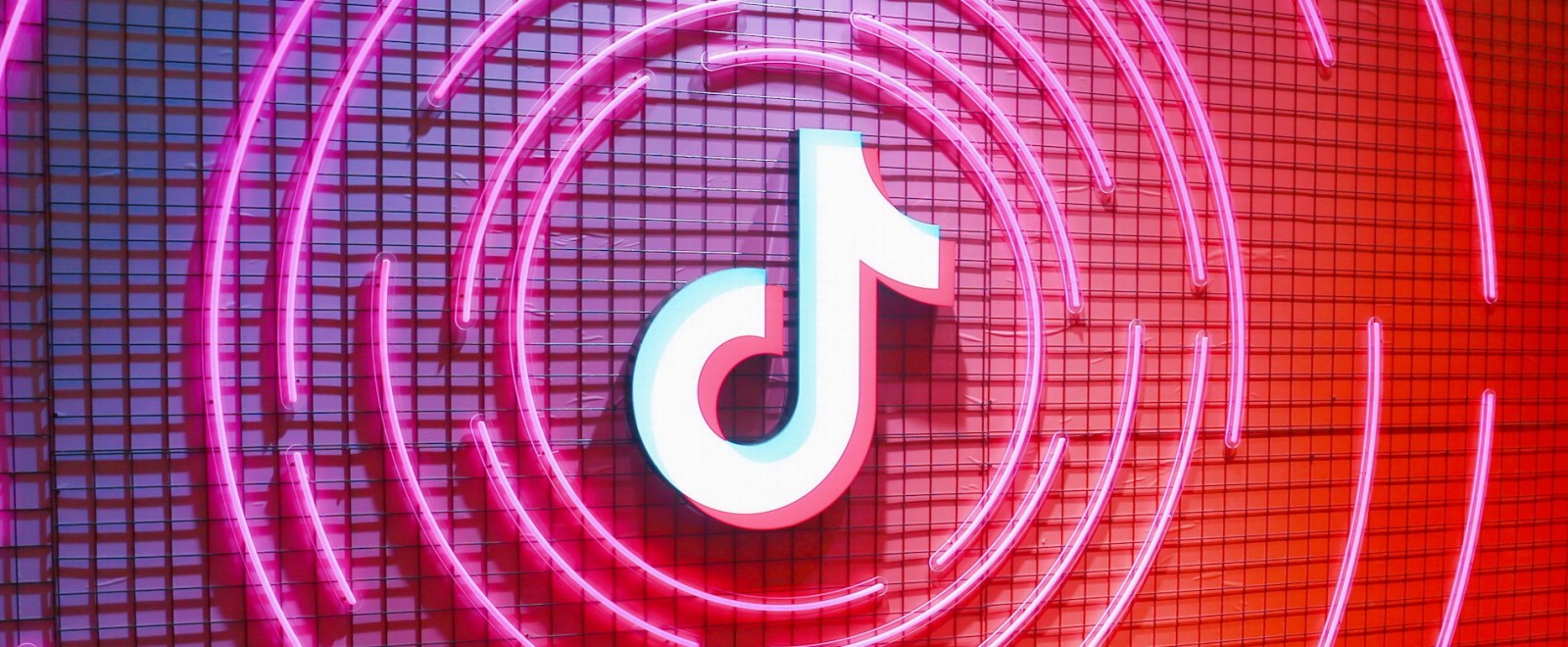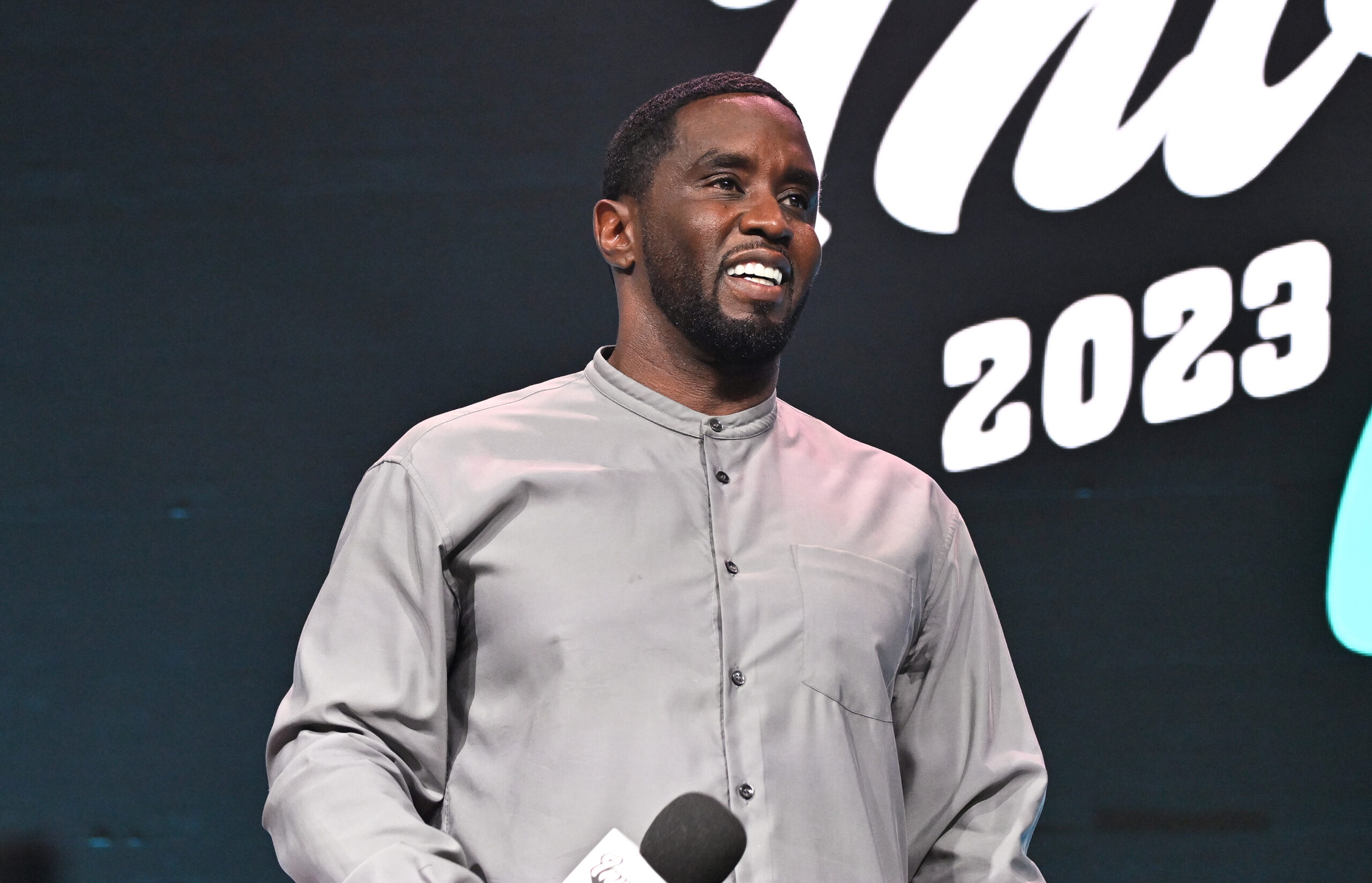Drake has enemies, he’s got a lot of enemies. 2024 has seen the rapper go to war with pretty every other superstar rapper in the world. He beat some of them, and he lost to Kendrick Lamar. Drake decided to go after a bigger target on November 25, though. The Toronto rapper filed a petition against his own record label, Universal Music Group. He accused the label of using an illegal “scheme” to inflate the numbers of Kendrick Lamar’s diss record “Not Like Us” on Spotify. UMG has responded to the 6 God via Variety, and the record label did not mince words.
UMG dismissed every allegation the rapper made in his lawsuit. “The suggestion that UMG would do anything to undermine any of its artists is offensive and untrue,” the statement read. “We employ the highest ethical practices in our marketing and promotional campaigns.” Universal Music Group went on to criticize Drake for blaming his loss in the Kendrick Lamar battle on “schemes” rather than quality of music. It was an unexpected, and unexpectedly brutal addition to a statement that otherwise keeps it professional. “No amount of contrived and absurd legal arguments in this pre-action submission,” the statement added. “Can mask the fact that fans choose the music they want to hear.”
Read More: Drake Nabs Eight BBMA Nominations Despite His Difficult Year
UMG Claimed Fans Chose Kendrick Lamar Over Drake
The theory that Kendrick Lamar’s team used bots to boost “Not Like Us” has circulated online since the song was released. Drake supporters like DJ Akademiks have championed this theory during live streams and even interviewed self-described “hackers” who claimed to have been paid by Lamar’s team. Nothing concrete has surfaced thus far. Drake mostly stayed away from commenting on the “bots” theory during and after the battle. This is partially why so many are surprised that he has decided to take legal action. And not against Lamar’s label, but his own.
The cultural momentum continues to swing Lamar’s way and not Drizzy’s. The former dropped his album GNX to critical acclaim on November 22. Fans praised the production and Lamar’s return to making bops following the purposely dense Mr. Morale and the Big Steppers (2022). Drake, meanwhile, was clowned for his recent appearance on an xQc live stream in which he tried to throw shots at Lamar and Kung Fu Kenny friends like Steve Lacy.
Read More: Kanye West’s Claims About Lucian Grange Resurface Amidst Drake Lawsuit
[via]
The post Universal Music Deems Drake’s Lawsuit Claims “Offensive” And “Untrue” appeared first on HotNewHipHop.


